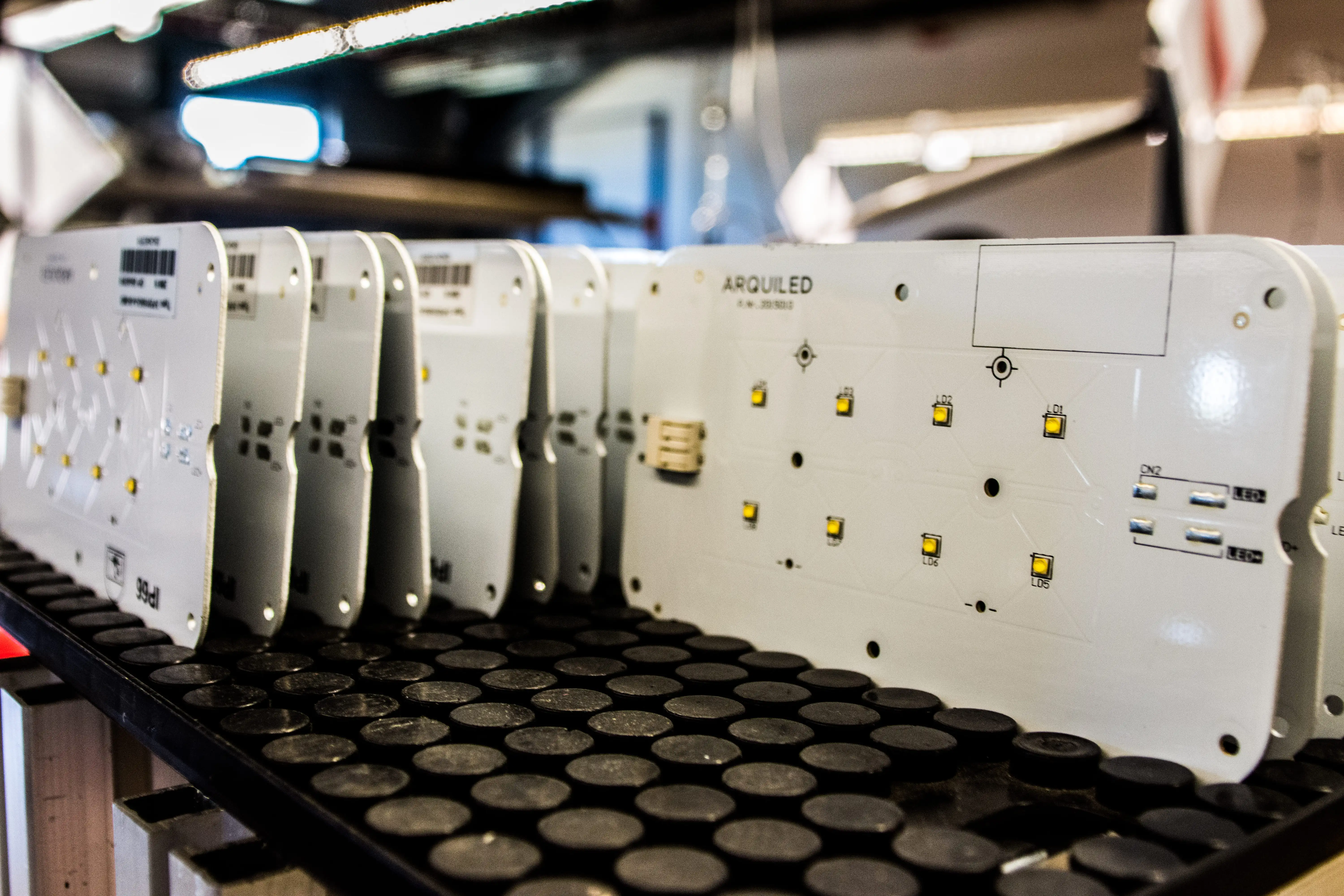Our purpose
We are commited to developing innovative and sustainable solutions for cities - for the good of society and the planet
Your partner in building smarter cities
20
Years of Experience
+270
Cities
+30%
Street Lighting Market
OUR SOLUTIONS
Smart solutions for sustainable cities
We develop forward-thinking solutions that help cities become more efficient, connected, and environmentally responsible. Guided by innovation and sustainability, our work supports the transformation of urban spaces into smarter, more livable environments.
The impact of our solutions
Real impact in real cities
R&I
We envision the future with boldness and innovation.
Research and innovation, combined with sustainability, drive everything we do. From advanced public lighting solutions to digital urban platforms, our commitment to sustainability is reflected in concrete actions that make cities more efficient, resilient, and environmentally responsible. That is why we created a research and development center specialized in Smart City solutions, Bright Science, which also incorporates the Bright Science Lab, a pioneering laboratory in the national landscape.

Sustainability
Driving a greener future.
We believe real transformation begins within, but must extend beyond. That’s why we lead by example, implementing responsible practices internally while empowering our clients to reach their own sustainability goals.

Leading change from within.
From production to daily operations, we implement responsible practices that reduce waste, save energy, and lower our environmental footprint.

Helping cities thrive responsibly.
We are an agent of change that generates value not only for ourselves, but for the entire community. We empower our customers and partners to make smart, sustainable decisions, reducing costs, improving efficiency and creating long-term environmental value.
Recruitment
Join a solid and growing company
If you are passionate about Smart Cities and sustainable solutions that contribute for a better tomorrow, and are looking for a job with a solid, growing company, join us!


